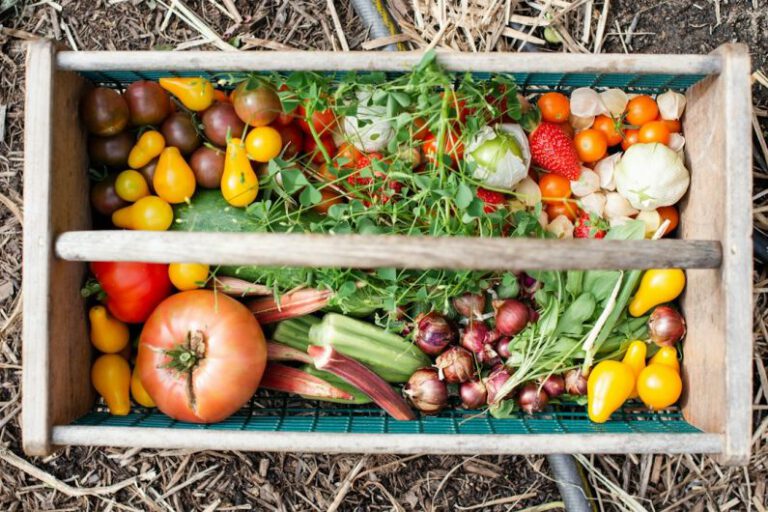What Are the Benefits of Rainwater Harvesting?
Rainwater harvesting is the process of collecting and storing rainwater for future use. It is an ancient practice that has gained popularity in recent years due to its numerous benefits. In this article, we will explore the advantages of rainwater harvesting and why it is becoming an increasingly popular choice for homeowners and businesses alike.
Conservation of Water Resources
One of the primary benefits of rainwater harvesting is the conservation of water resources. With water scarcity becoming a global issue, it is crucial to find sustainable ways to manage our water supply. By collecting rainwater, we can reduce our reliance on traditional water sources such as rivers, lakes, and underground aquifers. This, in turn, helps to alleviate the pressure on these resources and ensures their long-term sustainability.
Cost Savings
Another significant advantage of rainwater harvesting is the potential for cost savings. With rising water prices, homeowners and businesses are looking for ways to reduce their water bills. By using harvested rainwater for tasks such as watering gardens, flushing toilets, or washing clothes, users can significantly reduce their reliance on mains water. This can lead to substantial savings over time, especially in areas where water prices are high.
Promotes Self-Sufficiency
Rainwater harvesting promotes self-sufficiency by providing an alternative water source that is not dependent on external suppliers. In times of drought or water restrictions, households with rainwater harvesting systems can continue to meet their water needs without relying on public water supplies. This level of independence is particularly valuable in rural areas where access to clean water may be limited.
Improves Water Quality
Rainwater is naturally soft and lacks the chemicals typically found in treated tap water. This makes it ideal for various non-potable uses such as irrigation, car washing, and toilet flushing. By using rainwater for these purposes, users can avoid the use of chemicals found in mains water, which can harm plants, corrode equipment, and contribute to environmental pollution.
Reduces Flooding and Erosion
Rainwater harvesting plays a crucial role in reducing flooding and erosion. When it rains, much of the water runs off the surface, leading to flooding in low-lying areas and erosion of topsoil. By capturing rainwater, we can prevent excessive runoff and redirect it to storage tanks or underground reservoirs. This helps to mitigate the risk of flooding and reduces erosion, which is essential for maintaining soil health and preventing the loss of valuable agricultural land.
Promotes Sustainable Landscaping
Using harvested rainwater for irrigation promotes sustainable landscaping practices. Many traditional irrigation systems rely on mains water, which can be wasteful and costly. By using rainwater, homeowners can water their gardens without depleting precious water resources. Additionally, rainwater is free of chlorine and other chemicals, which can be harmful to plants. This allows for the growth of healthier, more sustainable landscapes.
Conclusion
Rainwater harvesting offers a wide range of benefits, from conserving water resources to promoting cost savings and self-sufficiency. By capturing and utilizing rainwater, we can reduce our impact on the environment, mitigate the effects of water scarcity, and create more sustainable communities. Whether it’s for residential or commercial use, rainwater harvesting is an excellent way to harness nature’s gift and contribute to a more water-efficient future. So, why not take advantage of this ancient practice and start reaping the benefits of rainwater harvesting today?






